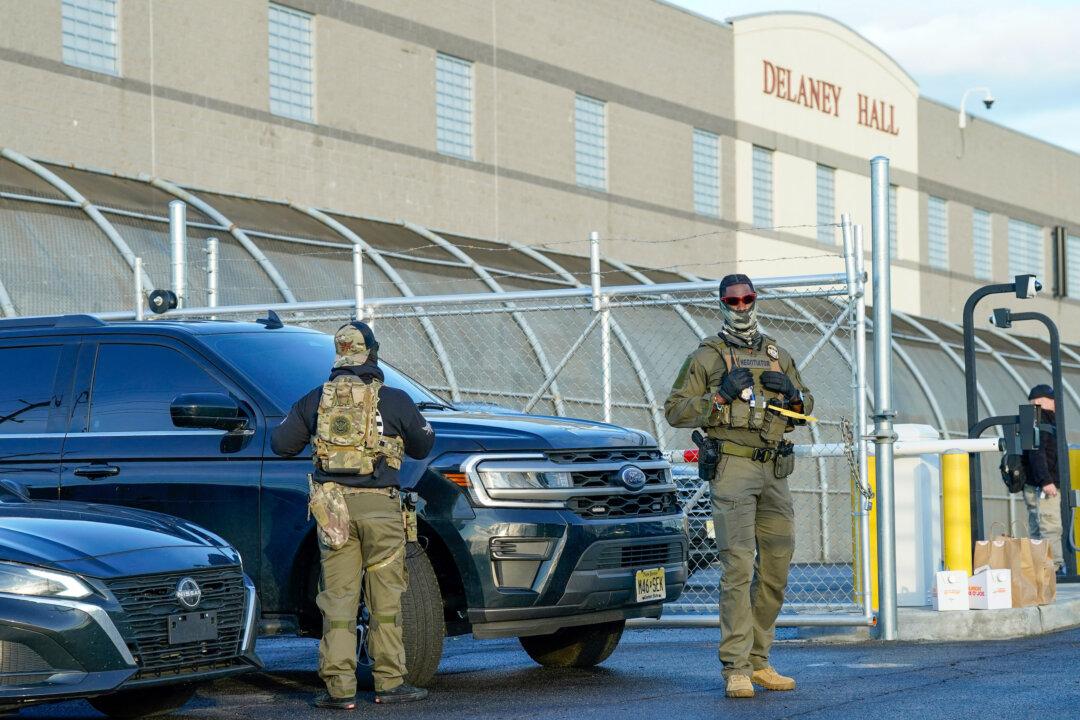Freedom-loving Americans need to build a “second internet” if they wish for the United States to survive in this era of increasing left-wing and Big Tech domination of the nation’s communications infrastructure, according to tech entrepreneur Martin Avila.
“These Big Tech companies are just gobbling up infrastructure companies, and they’re just trying to own the hard assets,” said Avila, chief executive of RightForge, which describes itself as “the first global internet infrastructure company committed to American principles online.”





